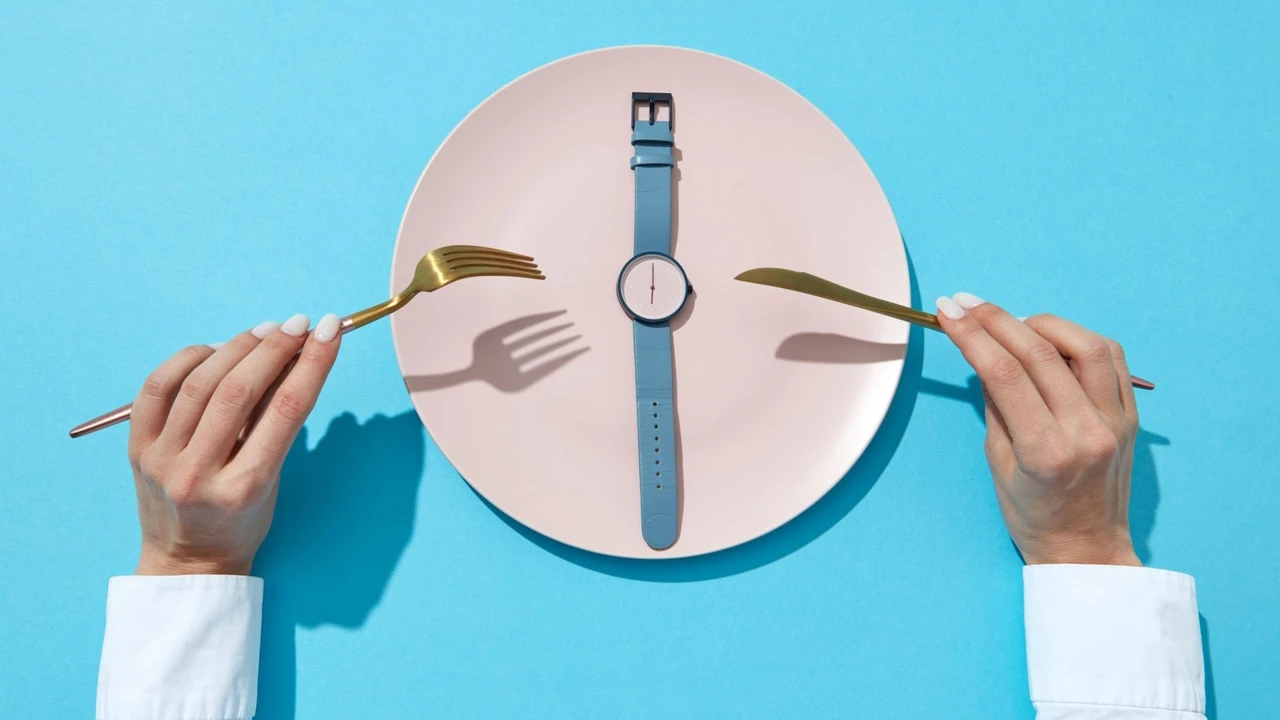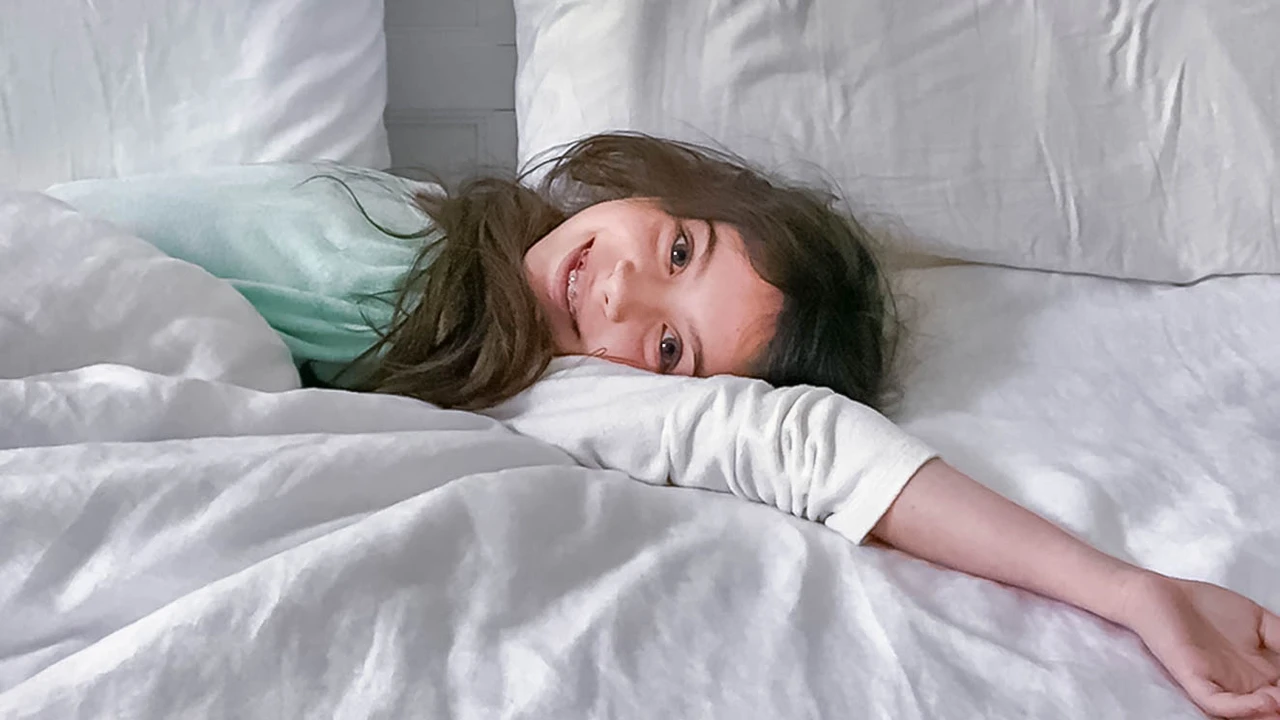Mindfulness for Sleep: Finding Inner Peace Before Bed
Sample meta description.

Introduction to Mindfulness and Sleep Quality
Hey there, sleep seekers! Ever feel like your brain is throwing a party right when you're trying to drift off? You're not alone. Many of us struggle with racing thoughts and anxieties that keep us tossing and turning. That's where mindfulness comes in. It's like a gentle reset button for your mind, helping you calm down and prepare for a restful night. We'll dive into how practicing mindfulness can be a game-changer for your sleep quality, helping you ditch those sleepless nights and wake up feeling refreshed.
Understanding the Connection Between Stress, Anxiety, and Insomnia
Let's be real – stress and anxiety are major sleep saboteurs. When you're stressed, your body releases cortisol, a hormone that keeps you alert and wired. This is great for running away from a bear, not so great for falling asleep. Anxiety can also keep you stuck in a loop of worry, making it impossible to quiet your mind. Insomnia often becomes a vicious cycle: you're stressed, you can't sleep, you get more stressed about not sleeping, and the cycle continues. But here's the good news: mindfulness can help break this cycle by teaching you to manage stress and anxiety in the moment.
Mindfulness Techniques for Better Sleep: A Step-by-Step Guide
Alright, let's get practical. Here are a few simple mindfulness techniques you can try tonight:
Body Scan Meditation for Relaxation and Sleep
This is a fantastic way to release tension throughout your body. Lie down comfortably and close your eyes. Start by focusing on your toes. Notice any sensations – warmth, tingling, pressure. Slowly move your attention up your body, one body part at a time, paying attention to each sensation. If you find tension, acknowledge it without judgment and try to release it. Continue all the way up to the top of your head. This process helps you become more aware of your body and release physical stress that might be keeping you awake.
Breathing Exercises for Calming the Mind and Improving Sleep
Your breath is your anchor. When your mind is racing, focus on your breath. Try the 4-7-8 technique: Inhale deeply through your nose for 4 seconds, hold your breath for 7 seconds, and exhale slowly through your mouth for 8 seconds. Repeat this several times. This technique activates your parasympathetic nervous system, which is responsible for relaxation. It's like giving your body a gentle "calm down" signal.
Guided Imagery for Peaceful Sleep and Relaxation
Imagine yourself in a peaceful place. Maybe it's a beach, a forest, or a cozy cabin. Engage all your senses. What do you see? What do you hear? What do you smell? What do you feel? By focusing on a calming image, you can distract yourself from anxious thoughts and create a sense of relaxation. There are tons of free guided imagery recordings available online, so find one that resonates with you.
Mindful Movement and Gentle Stretching for Sleep
Light stretching or yoga before bed can help release physical tension and prepare your body for sleep. Focus on gentle movements and deep breathing. Avoid strenuous exercise right before bed, as it can have the opposite effect. Think of it as a gentle lullaby for your muscles.
Creating a Sleep-Friendly Environment with Mindfulness
Your bedroom should be a sanctuary for sleep. Make sure it's dark, quiet, and cool. Use blackout curtains, earplugs, or a white noise machine if needed. Practice mindfulness by being present in your bedroom. Notice the textures of your bedding, the colors of your walls, and the sounds around you. Avoid using your bedroom for work or other stressful activities. The goal is to associate your bedroom with relaxation and sleep.
Integrating Mindfulness into Your Daily Routine for Sustained Sleep Benefits
Mindfulness isn't just for bedtime. Integrating it into your daily routine can have a profound impact on your overall well-being and sleep quality. Try these tips:
Mindful Eating for Digestive Health and Sleep
Pay attention to what you're eating and how you're eating. Avoid distractions like your phone or TV. Chew your food slowly and savor each bite. Notice the flavors and textures. Mindful eating can improve your digestion and prevent discomfort that might interfere with your sleep.
Mindful Walking for Stress Reduction and Sleep Improvement
Take a walk and pay attention to your surroundings. Notice the sights, sounds, and smells. Feel the ground beneath your feet. Focus on your breath. Mindful walking can help reduce stress and improve your mood, both of which can contribute to better sleep.
Mindful Communication for Reduced Conflict and Better Sleep
Listen actively to others without interrupting. Pay attention to your own thoughts and feelings. Communicate clearly and respectfully. Mindful communication can reduce conflict and improve your relationships, leading to less stress and better sleep.
Recommended Products for Enhancing Mindfulness and Sleep
Okay, let's talk products! These aren't miracle cures, but they can definitely enhance your mindfulness practice and create a more conducive environment for sleep:
Weighted Blankets for Deep Relaxation and Sleep
Product: Gravity Blanket
Use Case: Cuddle up with this blanket while meditating or reading before bed. The gentle pressure can help reduce anxiety and promote relaxation.
Comparison: Gravity Blanket is a premium option known for its quality materials and even weight distribution. Other brands like YnM offer more affordable alternatives, but may not be as durable.
Price: $249 (Gravity Blanket)
Essential Oil Diffusers for Aromatherapy and Sleep
Product: Vitruvi Stone Diffuser
Use Case: Diffuse calming essential oils like lavender or chamomile in your bedroom before bed. The gentle aroma can help relax your mind and prepare you for sleep.
Comparison: Vitruvi is known for its stylish design and high-quality diffusers. Other options like InnoGear offer more affordable diffusers with similar functionality.
Price: $123 (Vitruvi Stone Diffuser)
Meditation Apps for Guided Mindfulness and Sleep
Product: Headspace
Use Case: Use Headspace for guided meditations, sleep stories, and mindfulness exercises. The app offers a variety of programs to help you manage stress, anxiety, and improve your sleep quality.
Comparison: Headspace is a popular app with a wide range of content. Other options like Calm offer similar features and may be a better fit for some users.
Price: $69.99/year (Headspace)
Sleep Masks for Darkness and Sleep
Product: Manta Sleep Mask
Use Case: Block out all light with this comfortable sleep mask. It's perfect for travel or for creating a dark and peaceful sleep environment.
Comparison: Manta Sleep Mask is known for its customizable design and comfortable fit. Other options like Alaska Bear offer more affordable silk sleep masks.
Price: $39.99 (Manta Sleep Mask)
White Noise Machines for Sound Masking and Sleep
Product: LectroFan White Noise Machine
Use Case: Mask distracting noises with this white noise machine. It offers a variety of sounds, including white noise, pink noise, and fan sounds.
Comparison: LectroFan is a popular choice for its natural-sounding white noise. Other options like Marpac Dohm offer similar functionality.
Price: $49.95 (LectroFan White Noise Machine)
Troubleshooting Common Challenges in Mindfulness Practice
It's normal to encounter challenges when you're first starting out with mindfulness. Here are a few common ones and how to overcome them:
Dealing with a Racing Mind During Meditation
Don't worry if your mind wanders. It's what minds do! When you notice your thoughts drifting, gently bring your attention back to your breath or your chosen point of focus. Don't judge yourself for having thoughts; simply acknowledge them and let them go.
Staying Consistent with Mindfulness Practice
Start small. Even a few minutes of mindfulness each day can make a difference. Schedule your mindfulness practice into your day, just like you would any other important appointment. Be patient with yourself and don't give up if you miss a day or two. Just get back on track as soon as you can.
Finding the Right Mindfulness Technique for You
Experiment with different techniques until you find one that resonates with you. There's no one-size-fits-all approach to mindfulness. What works for one person may not work for another. Be open to trying new things and finding what works best for you.
The Long-Term Benefits of Mindfulness for Sleep and Overall Well-being
Mindfulness isn't a quick fix, but with consistent practice, it can have a profound impact on your sleep and overall well-being. You might notice reduced stress and anxiety, improved sleep quality, increased focus and concentration, and a greater sense of peace and contentment. It's like building a muscle for your mind, making you more resilient and better equipped to handle the challenges of life.
:max_bytes(150000):strip_icc()/277019-baked-pork-chops-with-cream-of-mushroom-soup-DDMFS-beauty-4x3-BG-7505-5762b731cf30447d9cbbbbbf387beafa.jpg)






